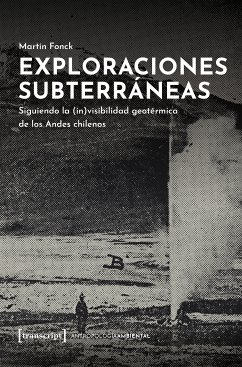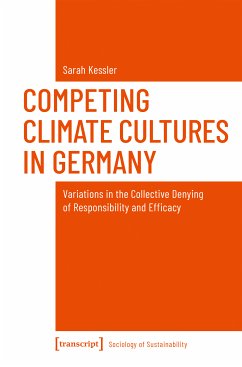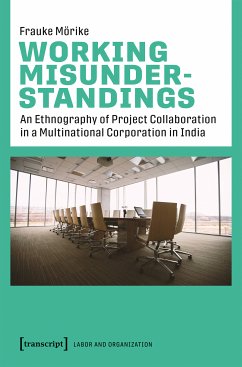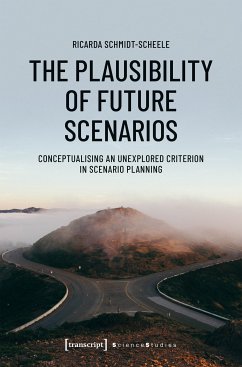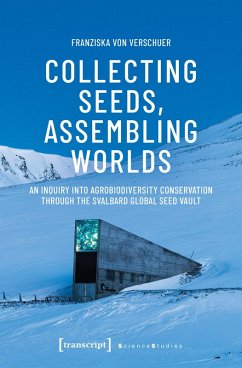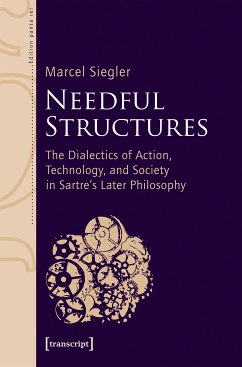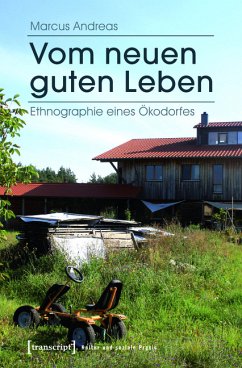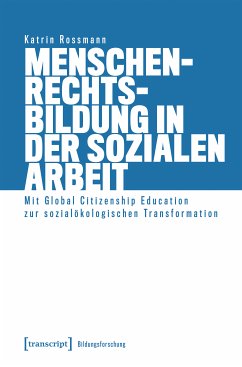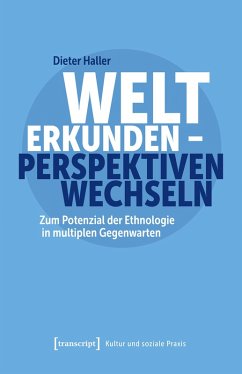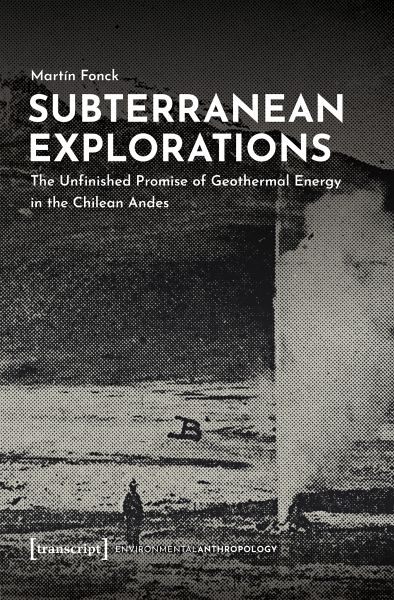
Subterranean Explorations (eBook, PDF)
The Unfinished Promise of Geothermal Energy in the Chilean Andes
Versandkostenfrei!
Sofort per Download lieferbar
40,00 €
inkl. MwSt.
Weitere Ausgaben:

PAYBACK Punkte
0 °P sammeln!
Geological phenomena have a strong visual presence in the landscape of the Chilean Andes. Volcanoes, thermal springs, earthquakes and geysers arise from an active geology. From the start of the 20th century, engineers and geologists have imagined transforming the heat of groundwater reservoirs into electricity. However, its use as electric power at a national scale remains an unfinished promise. Inspired by the anthropology of energy and infrastructures, Martín Fonck delves into the promises of geothermal energy and their abandonment in the Chilean Andes.
Dieser Download kann aus rechtlichen Gründen nur mit Rechnungsadresse in A, B, BG, CY, CZ, D, DK, EW, E, FIN, F, GR, HR, H, IRL, I, LT, L, LR, M, NL, PL, P, R, S, SLO, SK ausgeliefert werden.




